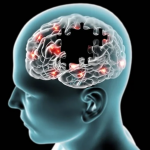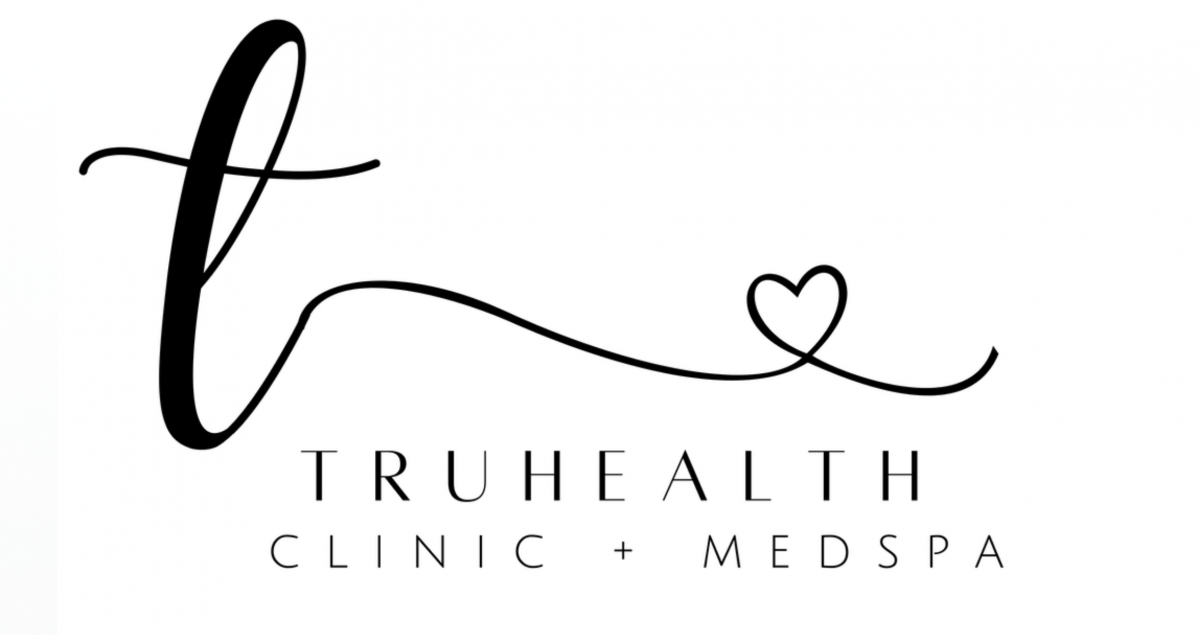Five things you need to know about ALZHEIMER'S disease with Shamis Tate FNP-C, MSN
Introduction
Alzheimer's disease, a progressive brain disorder that affects memory and other thinking skills, is one of the most common types of dementia. It affects more than 5 million Americans and more than 29 million people worldwide. The disease develops slowly and worsens over time. There's no cure for Alzheimer's yet, but there are treatments that can help manage symptoms as well as services that can support caregivers. If you're concerned about developing Alzheimer's or your loved ones' health, here are five things you need to know about it:
Alzheimer's is a type of dementia that causes problems with memory, thinking, and behavior.
Shamis Tate FNP-C, MSN Alzheimer's disease is the most common type of dementia, affecting about 5 million people in the United States. It causes problems with memory, thinking, and behavior.
Alzheimer's doesn't just affect memory -- it can also cause changes in mood and personality as well as difficulties performing familiar tasks. These symptoms worsen over time, becoming severe enough to interfere with daily life. The disease gets progressively worse until you need extra help taking care of yourself or performing daily activities like bathing or eating on your own (called "incompetent").
The disease can start slowly, but it gets worse over time.
Shamis Tate FNP-C says Alzheimer's disease is a progressive disorder, which means it gets worse over time. While the early stages of Alzheimer's can be subtle and difficult to recognize, later on, your loved one may have trouble with basic tasks like dressing themselves or remembering appointments.
Alzheimer's is also called "dementia," which means that your loved one will eventually lose their ability to do everyday tasks like walking around the house or talking on the phone with friends.
There's no cure for Alzheimer's, but there are treatments that can help manage symptoms.
There's no cure for Alzheimer's, but there are treatments that can help manage symptoms. The goal of treatment is to slow the progression of the disease and improve the quality of life. The most common treatments are medications that can help with memory and thinking problems.
Other types of therapy may also be used:
-
Physical exercise has been shown to reduce anxiety and depression in people with mild-to-moderate stages of Alzheimer's disease; however, it does not seem to improve cognitive abilities or physical function in these individuals.
-
Cognitive training programs may help improve memory function in early-stage Alzheimer's patients who have experienced recent declines in their mental abilities (e.g., because they have just been diagnosed with dementia).
Early diagnosis can help you plan for changes in your family member's life, such as living arrangements or financial planning.
Early diagnosis can help you plan for changes in your family member's life, such as living arrangements or financial planning. Knowing what to expect helps you make the most of the time you have together, and it allows them to begin making plans for their future.
If you're concerned about Alzheimer's disease in yourself or a loved one, talk with a doctor or other health care professional about getting tested. You may also want to ask questions about managing memory loss at home and finding support groups locally that offer emotional support and resources like local services and workshops on how best to care for someone with dementia
You can help prevent or delay the onset of Alzheimer's by exercising regularly, limiting unhealthy foods, and avoiding environmental toxins like cigarette smoke.
You can help prevent or delay the onset of Alzheimer's by exercising regularly, limiting unhealthy foods, and avoiding environmental toxins like cigarette smoke.
Exercise has been shown to improve blood flow to the brain and increase the production of a protein called brain-derived neurotrophic factor (BDNF), which protects the neurons that transmit information. Researchers have found that people who exercise regularly have lower levels of amyloid plaque--the buildup of proteins associated with Alzheimer's disease--in their brains than those who don't work out as much. It may take several years for these benefits to emerge, so even small changes in your routine today could make a big difference down the road! Eating well is also important: A diet rich in fruits, vegetables, whole grains, and fish can help reduce risk factors associated with developing dementia later in life by boosting memory function now. This means that if you're already experiencing mild cognitive impairment (MCI), there's still time before things get worse! Finally: Avoiding environmental toxins like cigarette smoke will give your body every opportunity possible when it comes time for detoxification processes - especially since many medications used today come from plants whose leaves contain toxic substances like nicotine which we absorb through our lungs when smoking cigarettes."
Even though there is no cure for Alzheimer's disease yet, there are things you can do to minimize its impact on yourself and your loved ones
Alzheimer's disease is a progressive brain disorder that causes problems with memory, thinking, and behavior. The most common cause of dementia among older people, Alzheimer's disease affects more than 5 million Americans.
Although there is no cure for Alzheimer's disease yet, there are things you can do to minimize its impact on yourself and your loved ones.
Conclusion
Alzheimer's disease is a serious condition that can lead to significant cognitive impairment, but there are treatments available that can help manage symptoms. If you or someone you know has been diagnosed with Alzheimer's, it's important to work closely with your doctor and caregivers to create a plan for managing the disease.
































